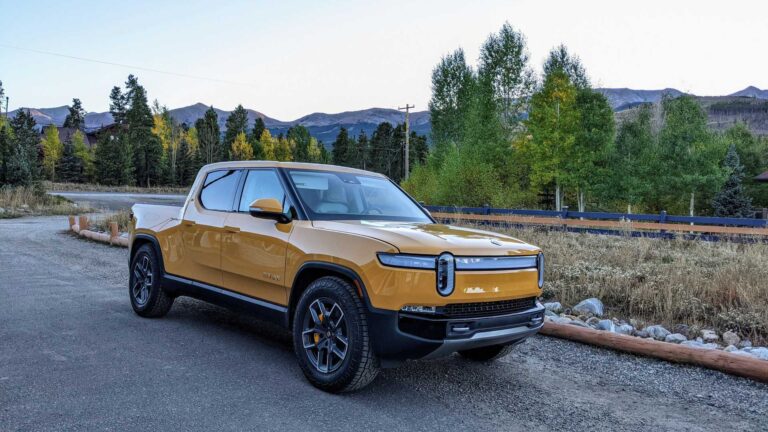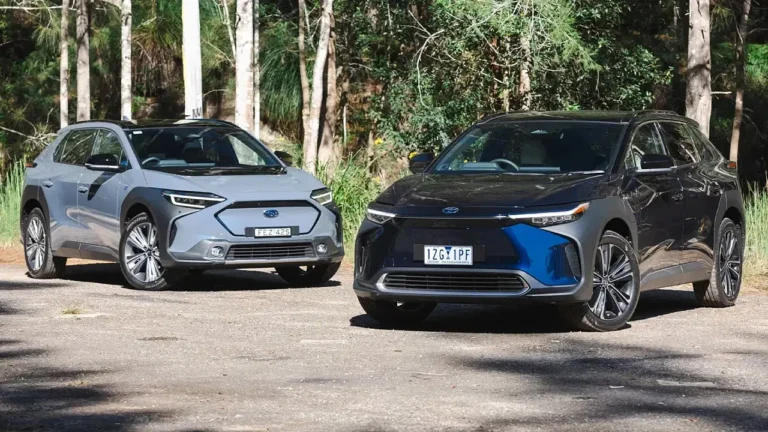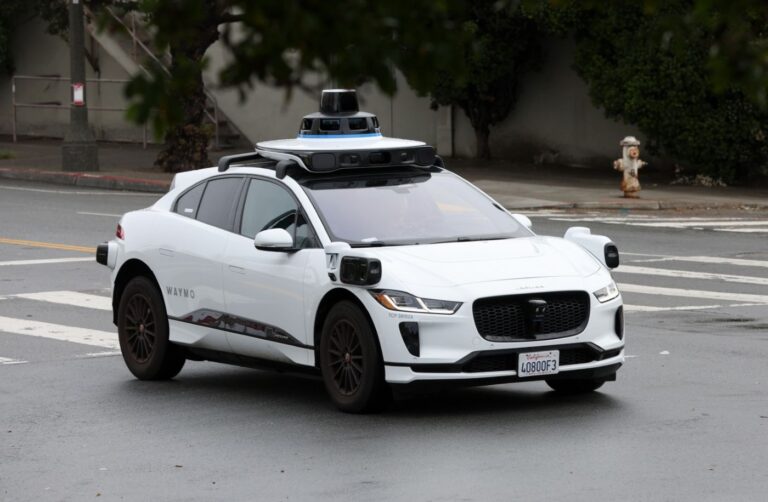Tesla Inc. has faced a wave of protests and vandalism at its facilities across the U.S. and Europe, fueled by mounting public discontent over CEO Elon Musk’s involvement in the Trump administration, particularly within the Department of Government Efficiency.
Reports from various regional media outlets indicate that demonstrations have erupted at Tesla showrooms in Portland, Chicago, and New York. Additionally, multiple instances of vandalism targeting Tesla properties and vehicles have been documented across the country.
Similar unrest has been observed in Europe, with media sources reporting acts of vandalism and protests in Germany, France, and Portugal, underscoring the widespread dissatisfaction with Musk and Tesla.

The backlash appears to stem primarily from Musk’s association with DOGE, the government department responsible for widespread layoffs and budget reductions across numerous federal agencies. Protesters have also voiced their opposition to both President Donald Trump and Musk, accusing them of promoting rhetoric described as “fascist.”
Tesla’s sales have suffered amid the growing criticism of Musk, as its electric vehicles are largely favored by liberal and left-leaning consumers. This backlash compounds the company’s existing challenges, including intensified competition in China and Europe from industry giants such as BYD (HK: 1211) and SAIC Motor.
Recent sales data revealed a 45% decline in Tesla’s European sales in January, while competitors posted gains.

The company is also undergoing a period of transition, striving to modernize its aging vehicle lineup. Tesla recently introduced an anticipated update for its best-selling Model Y.
However, the long-term impact of Musk’s declining public approval on Tesla’s future remains uncertain. In response, the company is actively expanding beyond its core electric vehicle market, investing in autonomous driving, artificial intelligence, and robotics—though these ventures are still in their early stages.



